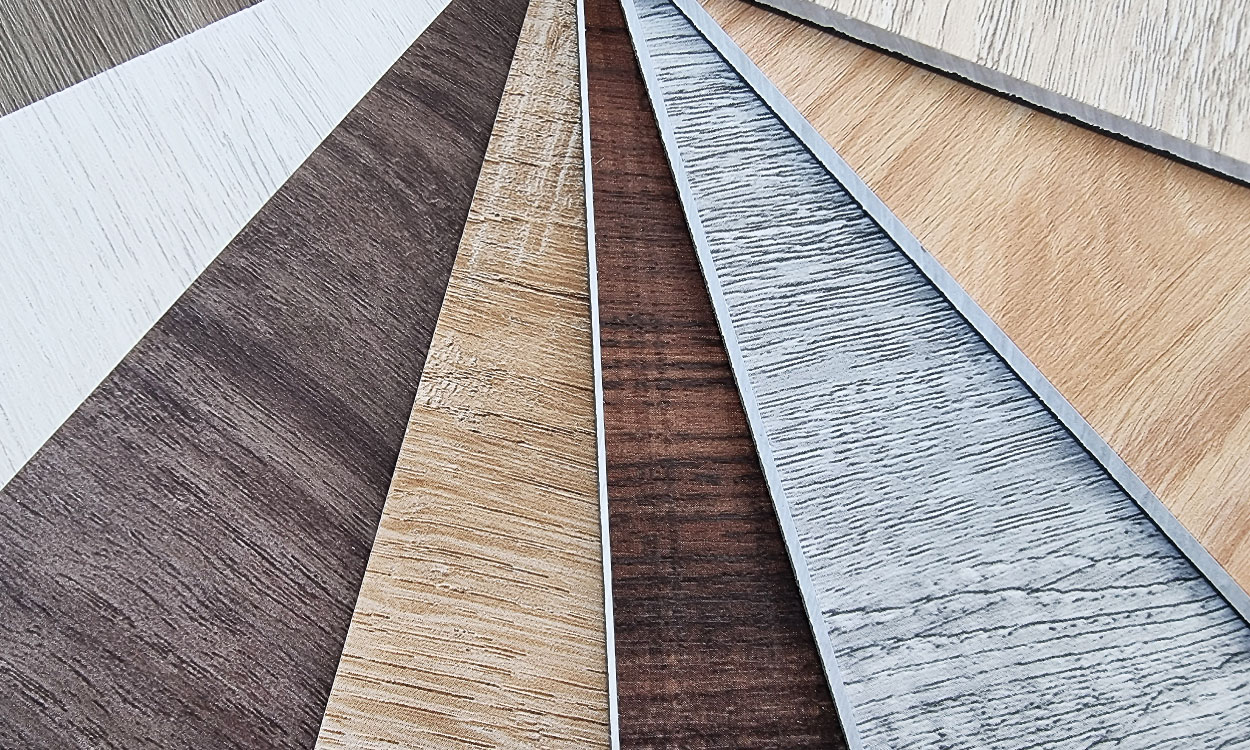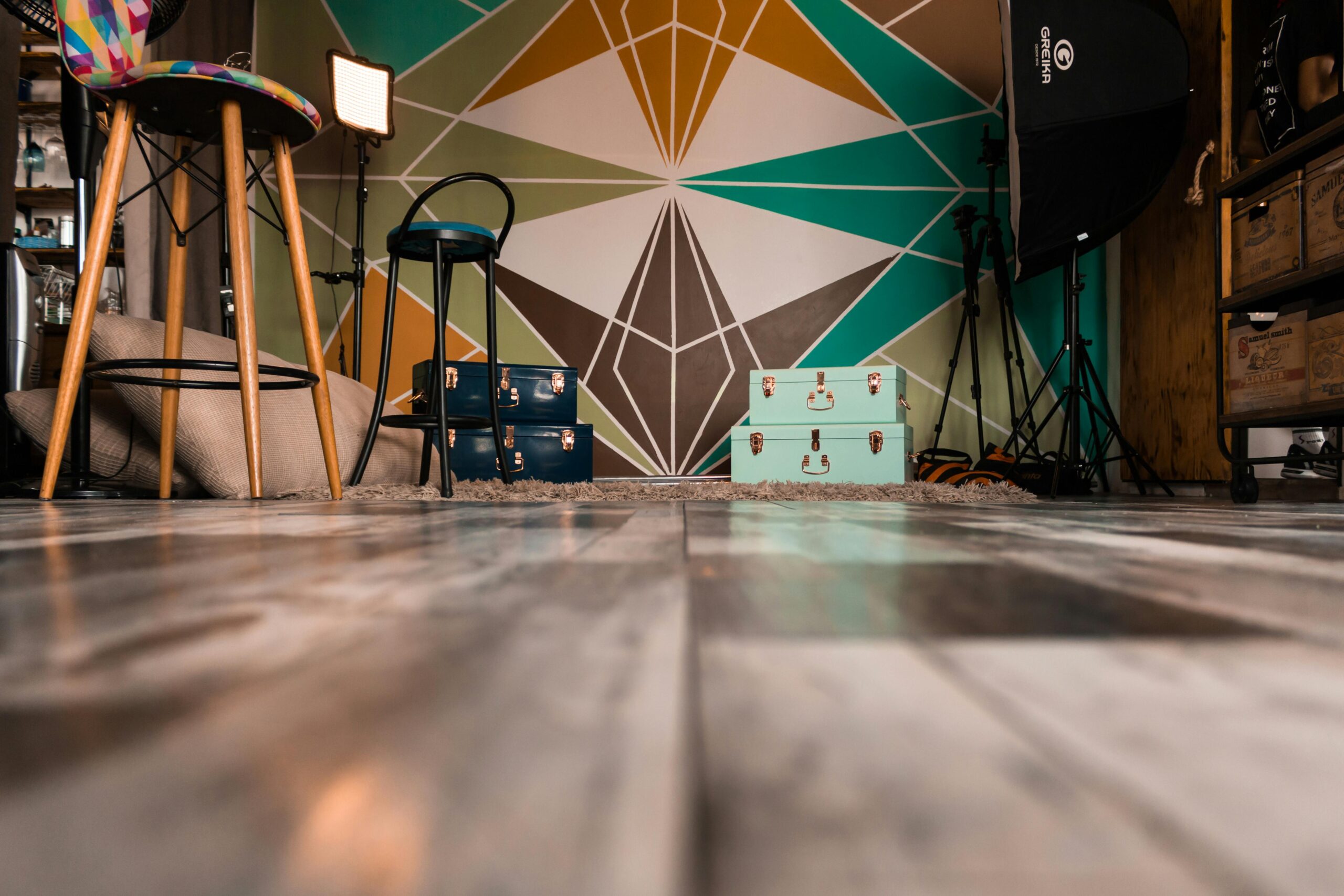Choosing the right flooring for your commercial space is a crucial decision that can impact your business’s aesthetics, functionality, and overall success. With a wide range of options available, it’s essential to understand the factors that influence your choice and make informed decisions. In this guide, we’ll explore the various types of commercial flooring, factors to consider when selecting the right option, the installation process, maintenance tips, and more. Whether you’re renovating an office, retail store, restaurant, or other commercial property, this guide will provide valuable insights to help you navigate the world of commercial flooring effectively. Let’s dive in!
Factors to Consider When Choosing Commercial Flooring
When it’s time to choose flooring for your commercial space, you have to take a few things into account. Before proceeding with your purchase and installation, take some time to determine what makes the most sense for your business. These factors will help you decide which commercial flooring is right for you.
- Durability: Consider the level of foot traffic, spills, and wear and tear your commercial space will endure when selecting flooring materials. Opt for durable options that can withstand heavy use and maintain their appearance over time.
- Aesthetics: Choose flooring materials and designs that align with your brand image, style preferences, and the overall ambiance you want to create in your commercial space. Consider factors such as color, texture, and pattern to enhance the visual appeal of your environment.
- Maintenance Requirements: Evaluate the maintenance needs of different flooring options and choose ones that fit your cleaning schedule, budget, and maintenance capabilities. Some materials may require regular cleaning, sealing, or refinishing to preserve their appearance and longevity.
- Safety and Compliance: Ensure that the chosen flooring materials meet safety standards, building codes, and regulations for commercial properties. Consider factors such as slip resistance, fire safety, and environmental certifications to prioritize the well-being of employees, customers, and visitors.
- Budget: Establish a budget for your commercial flooring project and explore options that offer the best value in terms of upfront costs, long-term maintenance, and durability. Balance cost considerations with quality and performance to make informed decisions that align with your financial goals.
Best Types of Commercial Flooring

There are many types of flooring, but what is the best commercial flooring for your space? Read on to decide which floor best suits your business’s needs.
Vinyl Flooring
Vinyl flooring is popular for commercial spaces due to its durability, versatility, and affordability. It comes in various styles, including luxury vinyl tile (LVT) and luxury vinyl plank (LVP) flooring, offering endless design possibilities. Vinyl flooring is resistant to moisture, stains, and heavy foot traffic, making it suitable for various commercial applications.
Carpet Flooring
Carpet flooring provides warmth, comfort, and sound insulation, making it ideal for office spaces, conference rooms, and retail environments. Commercial-grade carpets are available in various colors, patterns, and textures to suit different design preferences. Additionally, carpet tiles offer easy installation and maintenance, allowing for quick replacements in high-traffic areas.
Tile Flooring
Tile flooring, including ceramic, porcelain, and natural stone tiles, is highly durable and resistant to moisture, stains, and scratches. It suits commercial settings such as bathrooms, kitchens, and entryways. Tiles come in various sizes, shapes, and finishes, allowing for customizable designs that complement the aesthetic of your space.
Hardwood Flooring
Hardwood flooring adds a touch of elegance and sophistication to commercial spaces such as restaurants, boutiques, and upscale offices. While it may require more maintenance than other flooring options, hardwood flooring offers timeless beauty and durability. Engineered hardwood flooring is a popular alternative, providing the look of hardwood with enhanced stability and moisture resistance.
Concrete Flooring
Concrete flooring is a durable and versatile option for commercial spaces with heavy traffic, such as warehouses, manufacturing facilities, and retail outlets. It can be polished, stained, or stamped to create various textures and designs, offering a modern and industrial aesthetic. Additionally, concrete flooring is low-maintenance and resistant to wear and tear.
Maintenance and Care Tips for Flooring in Commercial Spaces
Caring for your floors is the only way to keep them in top shape. Here are some of the ways you can help your commercial flooring last for years to come.
- Regular Cleaning Routine: Establish a regular cleaning schedule for your commercial flooring to promptly remove dirt, debris, and spills. Sweep or vacuum the floors daily to prevent abrasive particles from scratching the surface. Use manufacturer-recommended cleaning solutions and methods to avoid damaging the flooring material.
- Protective Measures: Implement preventive measures to protect your commercial flooring from heavy furniture, equipment, and foot traffic. Use furniture pads or coasters under heavy objects to distribute weight evenly and prevent indentations or scratches. Place walk-off mats at entryways to trap dirt and moisture, reducing the risk of damage to the flooring.
- Proper Spill Cleanup: Accidental spills should be addressed promptly to prevent staining or damage to the flooring. Use absorbent materials such as paper towels or clean cloths to blot up spills immediately. Avoid using abrasive cleaners or excessive water, which can damage certain flooring materials. For stubborn stains, use mild cleaning solutions recommended by the manufacturer.
- Avoid Harsh Chemicals: When cleaning commercial flooring, avoid using harsh chemicals or abrasive cleaners that can damage the surface or degrade the finish. Instead, opt for pH-neutral cleaners specifically formulated for your flooring material. Test any cleaning products in an inconspicuous area before using them on the floor.
- Regular Maintenance Inspections: Inspect your commercial flooring to identify wear, damage, or deterioration signs. Look for areas where the flooring may be lifting, cracking, or showing signs of excessive wear. Address issues promptly, preventing them from worsening and requiring costly repairs or replacement.
- Professional Maintenance Services: Consider hiring professional maintenance services to deep clean and maintain your commercial flooring regularly. Professional cleaners have the expertise and equipment to thoroughly clean and restore various flooring materials, prolonging their lifespan and preserving their appearance.
- Reapply Protective Coatings: Certain types of commercial flooring, such as hardwood or vinyl, should periodically be reapplied with protective coatings or sealants to maintain their durability and appearance. These coatings help prevent scratches, scuffs, and stains, extending the life of the flooring and reducing the need for frequent repairs or refinishing.
- Address Repairs Promptly: If you notice any signs of damage or deterioration, such as loose tiles, cracked grout, or worn-out areas, address them promptly to prevent further damage—schedule repairs or replacements to avoid safety hazards and maintain the integrity of the flooring surface.
Contact us today to learn more about our commercial flooring options and how we can assist you in transforming your commercial space into a showcase of style, durability, and functionality. Thank you for considering MMY Flooring as your partner in commercial flooring solutions.

